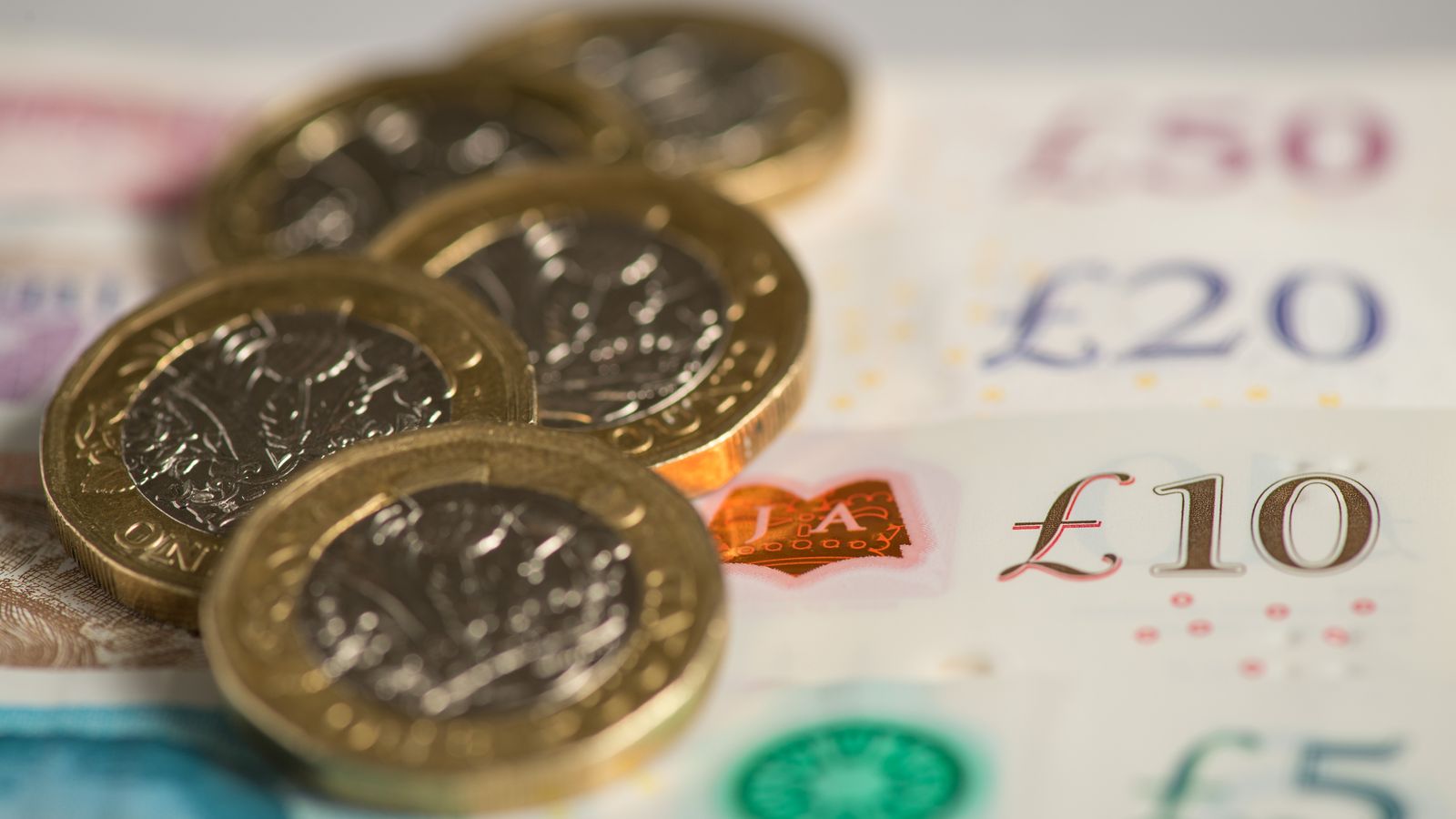
“It’s the economy stupid”. So, famously, went the maxim of Bill Clinton’s campaign team in 1992.
The point being that for all the sound and fury and politicking during an election campaign, most people end up voting with their wallets.
And indeed, in pretty much every election campaign in recent history, the winning candidate has tended to be the one most trusted on the economy.
Money latest: The nine ways the election result could affect your cash
Prime Ministers and, for that matter, US presidents, struggle to win re-election when the economy is doing badly – they tend to win when everything is going well, when gross domestic product is expanding, when inflation is low, when interest rates are falling rather than rising.
And in some senses, that helps explain why the Prime Minister has called the election at this point.
This morning we just learned that the annual rate of inflation is down to 2.3% – the lowest since 2021. The economy is now out of recession, with stronger-than-expected growth of 0.6%. The Bank of England is close-ish to cutting interest rates.
The problem, of course, is that in many other respects the economic story isn’t especially rosy. The annual rate of inflation may be down to more or less “normal” levels but look back a little further and it’s still far, far higher than it was a couple of years ago.
Living standards, as measured by real household disposable income, have fallen faster in this parliament than in any previous parliament. For that matter, this is the only parliament since 1955 that has seen such a fall. If anyone wanted to ask themselves the question: do you feel better off than you did five years ago, well, the answer is not especially encouraging for Rishi Sunak.
But how much of that is really down to the Prime Minister (or for that matter his predecessor, Liz Truss) is a more complex issue than some would have you believe.
Most of Europe has faced a somewhat similar experience as first the pandemic and then the energy price shock that coincided with Russia’s invasion of Ukraine played havoc with their economies. Britain is not exactly unique, even if there are some aspects of recent policy – most notably Brexit – which might have further depressed UK trade.
Meanwhile, the public finances present a similarly complex nuanced picture. On the one hand, the national debt and tax burden are considerably higher today than they were at the last general election in 2019 (indeed the tax burden is at the highest level since the 1940s). Then again, the cost of the furlough scheme and energy price guarantee are a large part of the explanation, and these are hardly especially contentious policies.
The Conservatives will argue at the election that they are beginning to clear up the mess, and that they can be trusted more than the Labour Party. Whether that strategy succeeds remains to be seen.
But in the coming weeks we will begin to learn that bit more about the economic plans of each party – and we’ll bring you all the analysis as those plans become clearer.







